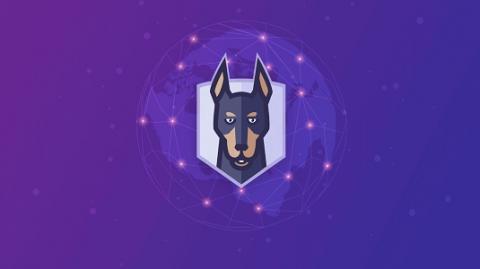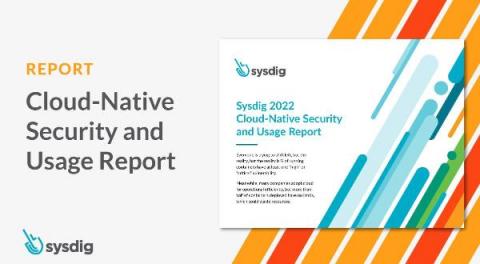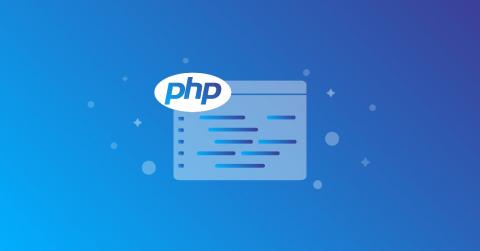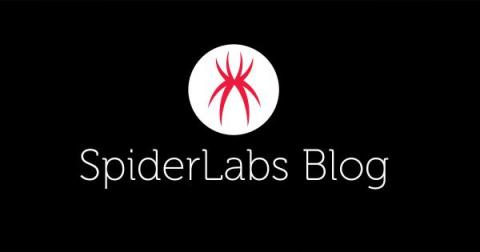Security | Threat Detection | Cyberattacks | DevSecOps | Compliance
Latest News
AppSec Leader Veracode Thrives in Record-Breaking Year for Cybersecurity
BotenaGo strikes again - malware source code uploaded to GitHub
In November 2021, AT&T Alien Labs™ first published research on our discovery of new malware written in the open-source programming language Golang. The team named this malware “BotenaGo.” In this article, Alien Labs is updating that research with new information.
Sysdig 2022 Cloud-Native Security and Usage Report: Stay on Top of Risks as You Scale
The fifth annual Sysdig Cloud-Native Security and Usage Report digs into how Sysdig customers of all sizes and industries are using and securing cloud and container environments. We examined the data and found some interesting trends this year that may help you as you work to develop best practices for securing and monitoring your cloud-native environments. This year’s report has new data on cloud security, container vulnerabilities, and Kubernetes capacity planning.
PHP security in Snyk Code now GA
We recently announced our beta release for PHP support in Snyk Code, which brought with it the ability to identify potential PHP security vulnerabilities at the code level. After a successful public beta program, PHP security support in Snyk Code is now GA. 🎉🎉🎉 PHP is a popular programming language that is used by developers all over the world. In this blog post, we will take a look at some of the features of Snyk Code and how it can be used with PHP.
BERT Embeddings: A New Approach for Command Line Anomaly Detection
The large amounts of behavioral data being generated today necessitate accurate labels for machine learning classifiers. In an earlier blog post, Large-Scale Endpoint Security MOLD Remediation, we discussed how to remediate labeling noise. In this blog post, we experiment with an unsupervised approach that eliminates the need for learning from labeled data.
7 Automotive Cybersecurity Best Practices
The increased connectivity in modern vehicles adds convenience to drivers and passengers. However, it also sets in motion a proliferation of new cyber threats. Automotive manufacturers and suppliers are working to protect against these threats, identifying and implementing best practices needed to make modern vehicles more resistant to cyber-attacks.
Understanding the Unique Challenges of Securing OT Systems in 2022
As industrial organizations continue to embrace change by leveraging the latest technologies into their daily operations and production cycles, they have also been tasked with embracing remote and hybrid work environments – all while maintaining operational continuity. Utilizing advanced technologies has enabled these organizations to reduce expenses, expedite production time, and elevate customer service levels.
Trustwave Threat Hunting Guide: Identifying PwnKit (CVE-2021-4034) Exploitation
The Trustwave Threat Hunting team has authored a practical guide to help the cybersecurity community address the Linux “polkit” Local Privilege Escalation vulnerability (CVE-2021-4034) by identifying common behavior in exploitation.
Trustwave Action Response: Polkit Privilege Escalation Vulnerability - PwnKit (CVE-2021-4034)
Trustwave security and engineering teams became aware of the vulnerability in Polkit's pkexec component identified as CVE-2021-4034 (PwnKit) on January 25. We immediately investigated the vulnerability and potential exploits and continue to actively monitor the situation for our clients. Check your distribution for specific patches. As part of a strong patch management program, ensuring your infrastructure and applications are up to date is critical for mitigating cyber risk..










